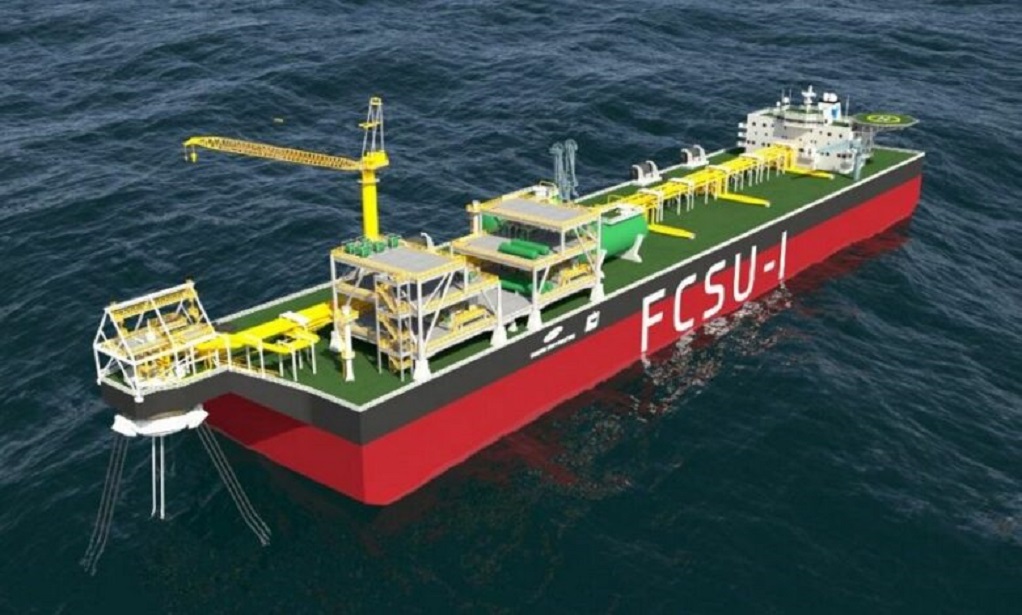Malaysia’s top shipping line, MISC, and South Korean shipbuilder Samsung Heavy Industries (SHI) have completed a conceptual design for a floating CO2 storage unit with the aim of enhancing the efficiency of the carbon capture and storage (CCS) value chain within the maritime industry.
The floater, designed with a total storage capacity of 100,000 cu m and an injection capacity of 5 mtpa, has been approved in principle by the class society DNV, confirming the technical feasibility of the concept as well as initial conformity to the applicable rules, industry codes, and standards.
Called FCSU for short, the vessel is described as a “dynamic and versatile solution” that addresses a critical gap, particularly when CO2 emitters lack access to nearby sequestration sites, necessitating seamless shipping and storage of carbon dioxide.
The FCSU can be deployed across multiple depleted oil and gas fields offshore that have been earmarked as potential CO2 storage sites and introduces alternative approaches to carbon storage in comparison to the traditional pipeline method, the developers said.
It can serve as an intermediate CO2 storage unit or an injection vehicle for offshore CO2 reservoirs, but MISC and SHI are also exploring other potential applications, such as including a CO2 liquefaction facility.
The jointly developed concept is a culmination of the partnership, which took root following the signing of a memorandum of understanding in January this year.
Tags: CO2 Storrage, MISC, Samsung



Recent Posts
Egypt Advances Maritime Decarbonisation with National Action Plan Backed by IMO
Fuelre4m unveils VIRDIS: A predictive AI breakthrough in global fuel distribution, powered by Five9nes
EXMAR Launches First Ammonia-Fueled Gas Carrier at HD Hyundai Mipo
Japan-Backed Green Hydrogen Centre Planned for Uttar Pradesh
JSW Group Outlines Major Push into Commercial and Heavy Electric Vehicles
Lloyd’s Register Grants Approval in Principle for KSOE’s Multi-Fuel Newcastlemax Bulk Carrier Design
Eureka Shipping Deploys HVO-Ready Cement Carrier Tamarack for Great Lakes Operations
Terntank Places Repeat Order for VentoFoil Wind Propulsion Units on Methanol-Ready Hybrid Tankers